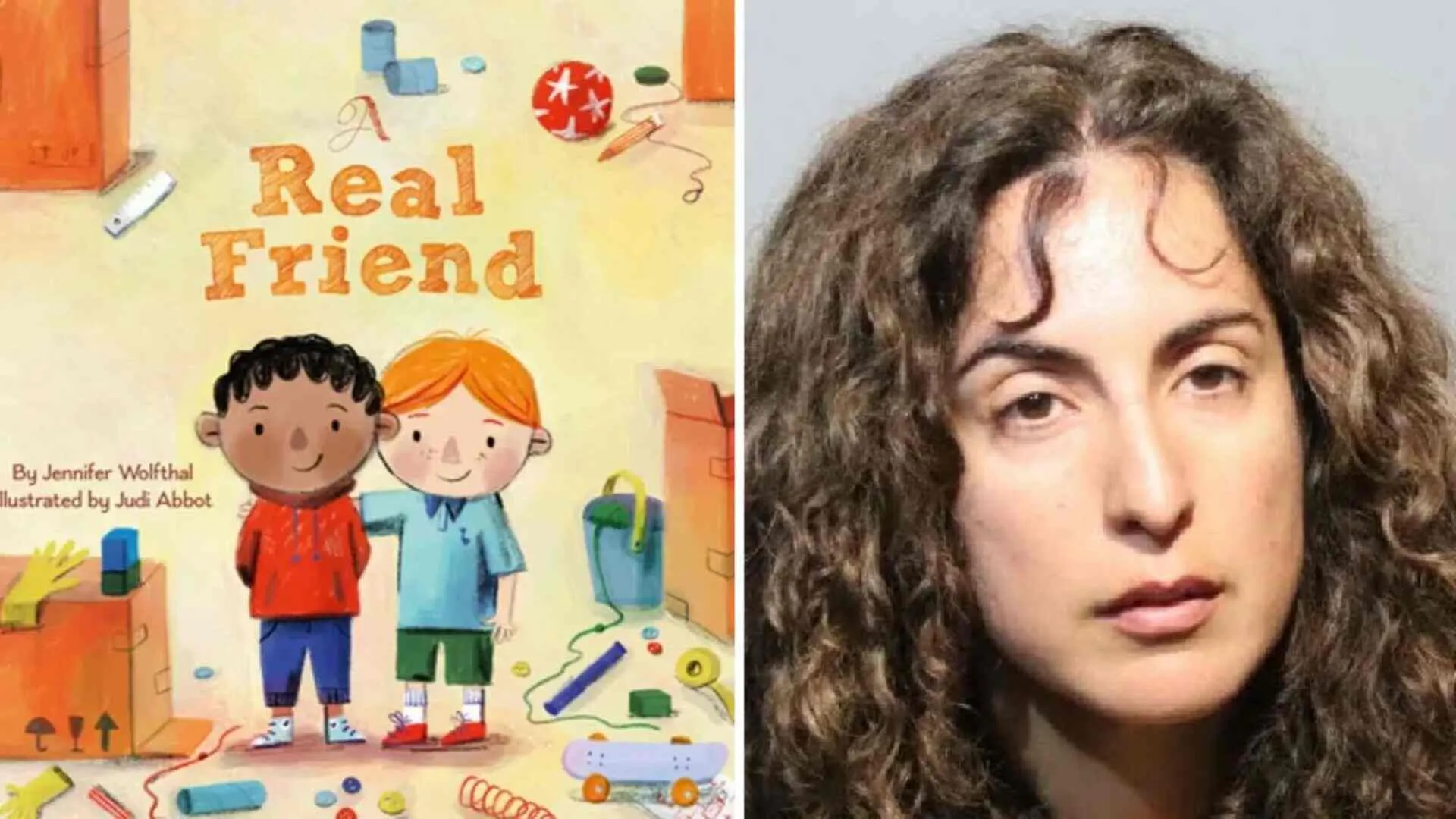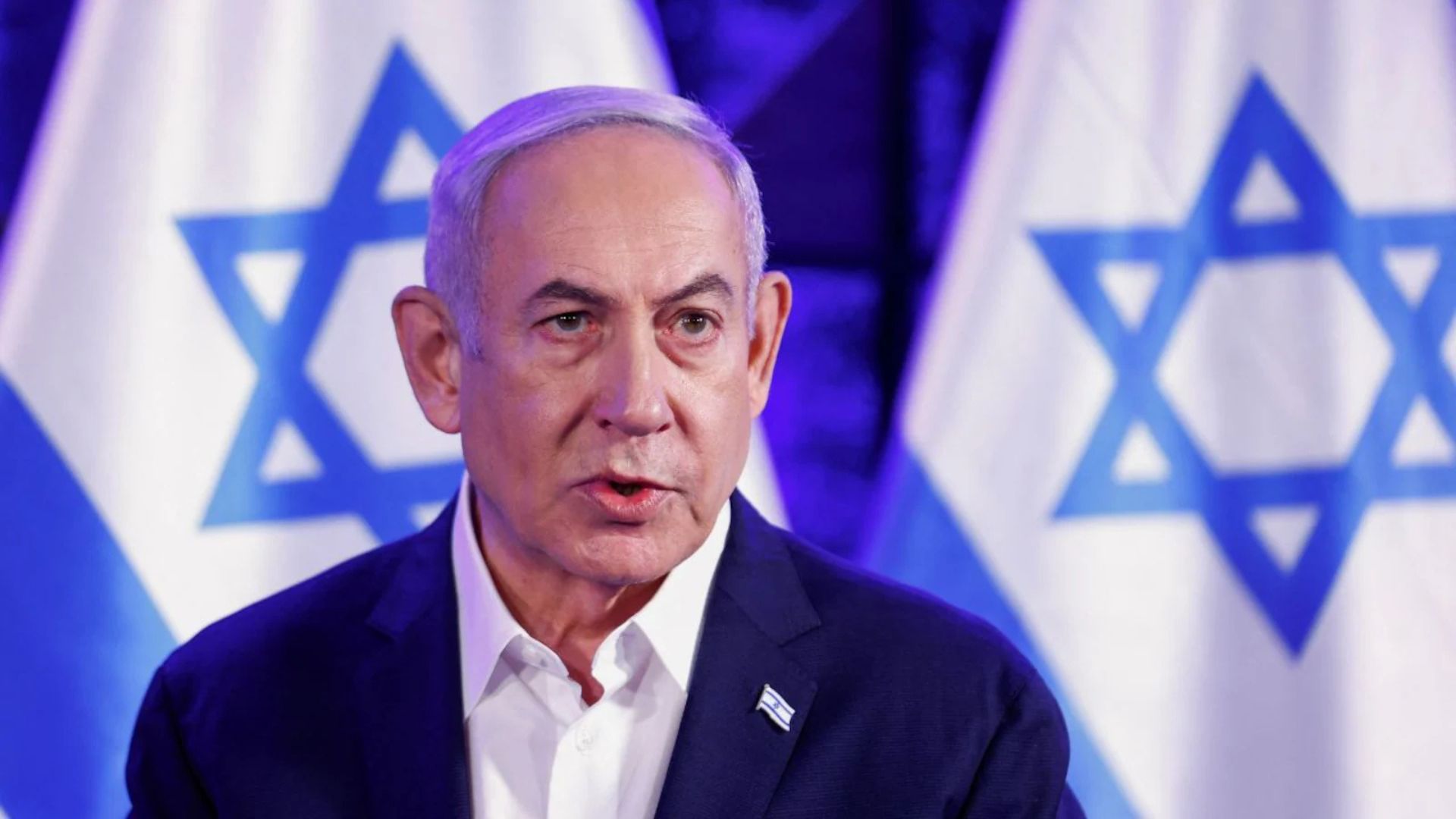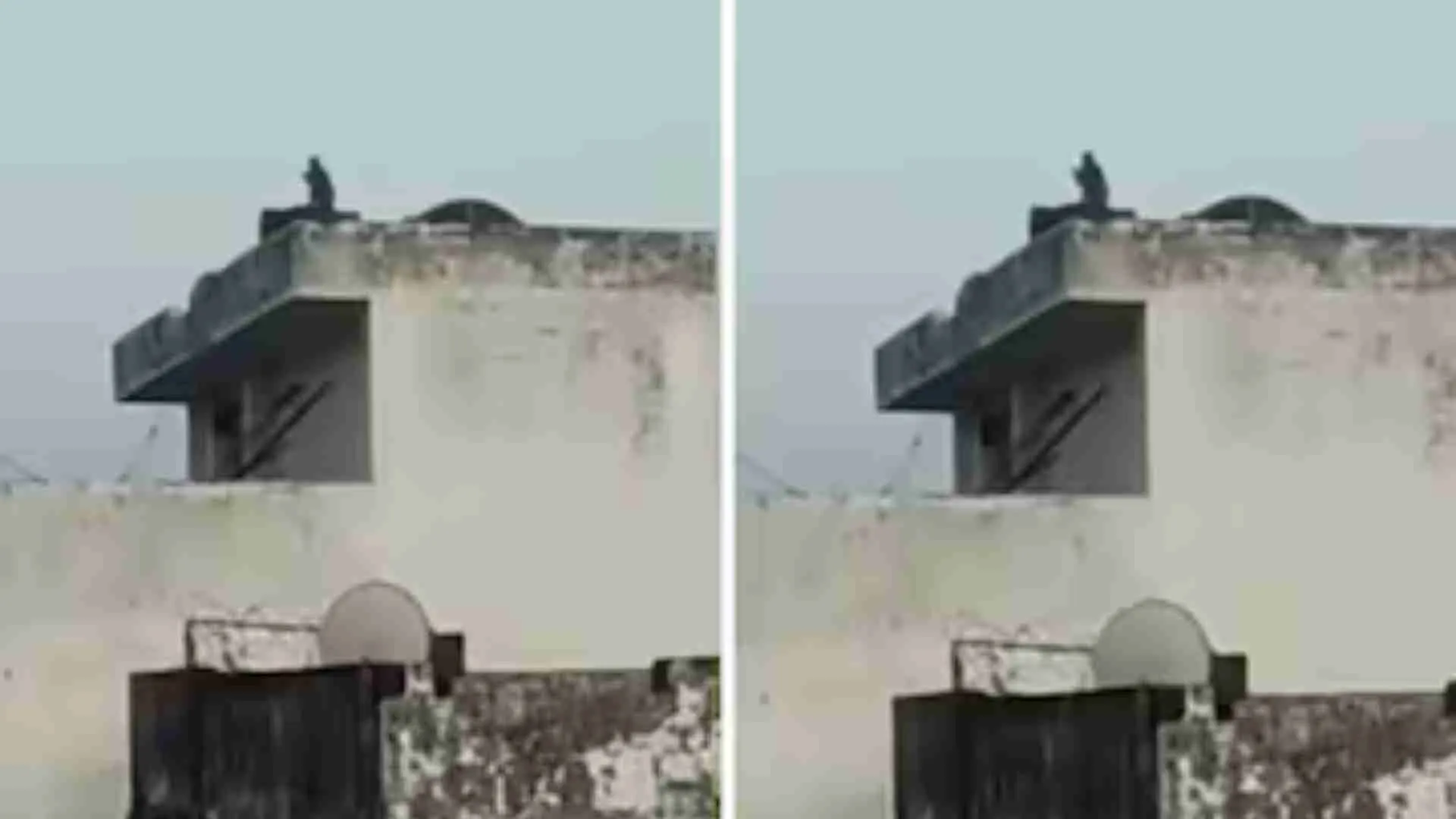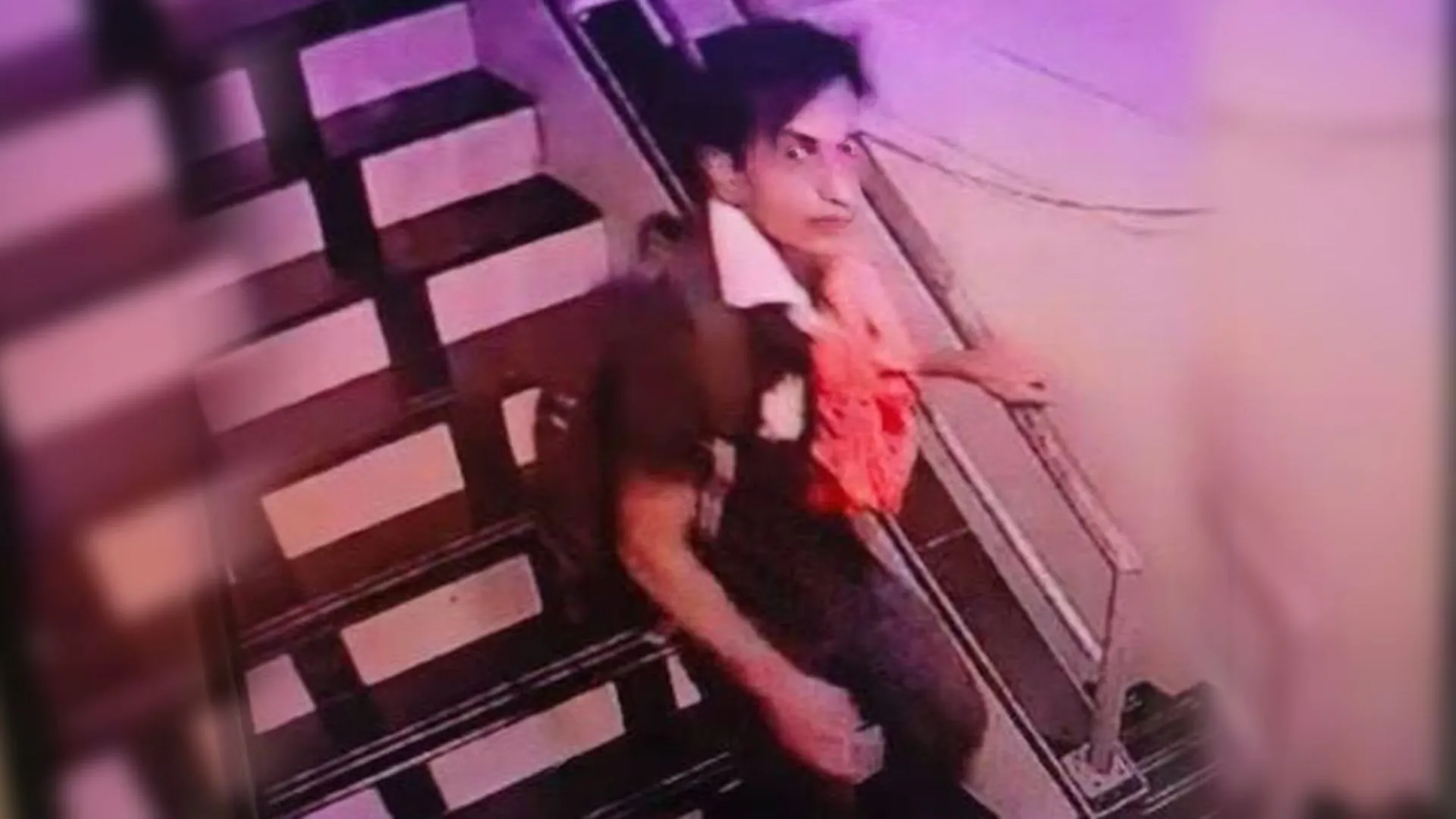The Supreme Court on Thursday reserved its verdict on a batch of pleas seeking legal validation for same-sex marriage after a marathon hearing of 10 days.
A five-judge constitution bench headed by Chief Justice D Y Chandrachud observed it cannot give a declaration on the anticipation as to how Parliament is likely to respond to it.
The observation by the bench came after one of the advocates appearing for the petitioners referred to the verdicts, including in the Triple Talaq case, and said once the top court gave a declaration to pass a law penalising this, it was a matter for “fairly easy legislative consensus”.
“That is not something which the court can presume that we will decide whether to give a declaration or not on how we anticipate the Parliament … is likely to respond,” said the CJI, who was heading the bench, which also comprised Justices S K Kaul, S R Bhat, Hima Kohli and P S Narasimha. During the hearing, the bench heard the rejoinder submissions advanced by senior advocates, including A M Singhvi, Raju Ramachandran, K V Viswanathan, Anand Grover, Saurabh Kirpal and other lawyers who represented the petitioners. The bench observed there is one constitutional doctrine which has remained steadfast and constant, that is, the court can’t direct framing of a policy and can’t enter into the realm of policy making or legislation. At the outset, the CJI said from last evening, the court has been getting huge flow of material in electronic form.
“Now we are in rejoinder and in rejoinder, we get 500 pages of materials,” the CJI said. During the hearing on Wednesday, the Centre had told the apex court that any constitutional declaration made by it on pleas seeking legal validation for same-sex marriage may not be a “correct course of action” as the court will not be able to foresee, envisage, comprehend and deal with its fallout. The bench had observed that everyone was presuming that the declaration would be in the form of a writ. “We are all presuming that the declaration will be in the form of a writ that grant this or grant that. This is what we are accustomed to. What I was hinting was, as a constitutional court, we recognise only a state of affairs and draw the limit there…,” Justice Bhat had said. The Centre had also told the court it had received responses from seven states on the issue of same-sex marriage and the governments of Rajasthan, Andhra Pradesh and Assam had opposed the petitioners’ contention seeking legal validation for such wedlock.

















